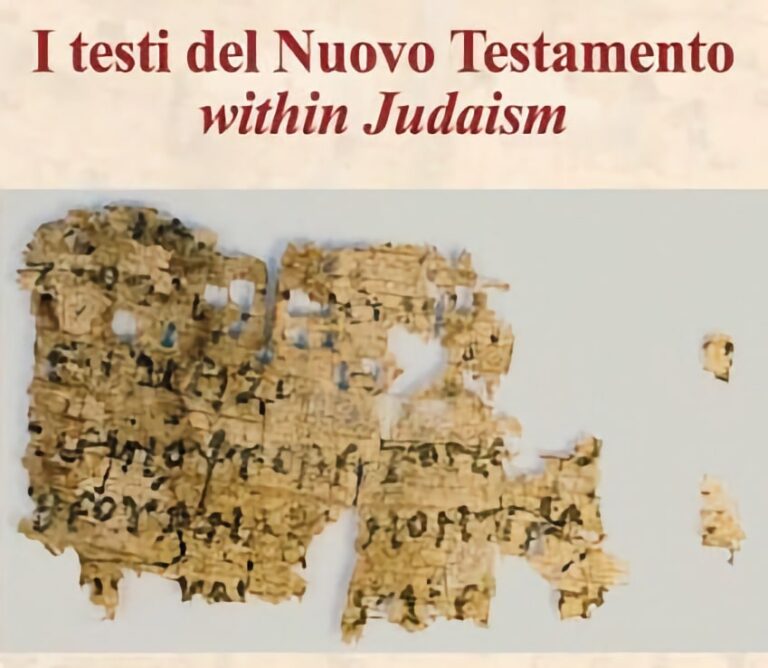RESUMEN
En el NT, en más de cincuenta ocasiones, se dice de Jesús que es hijo de David. Sin embargo, llama la atención que sólo en tres ocasiones esa expectativa mesiánica se vincula con Judá. En Mt 2,6 se ve cumplido Mi 5,1-3 y en Hb 7,14 se dice que Jesús es descendiente de Judá. La tercera referencia es Ap 5,5, donde, además de hacer aludir a David, se habla del León de Judá esperado. Esta alusión es única en todo el NT y sólo por eso ya resulta llamativa. Estudiar el recorrido completo de esta tradición es el objetivo del presente trabajo.
PALABRAS CLAVE Gn 49,8-12, la Bendición de Judá, Ap 5,5, intertexto, LXX, Targum, Apócrifos.
SUMMARY
In the NT, on more than fifty occasions, Jesus is said to be the son of David. However, it is striking that this messianic expectation is linked to Judah on only three occasions. In Mt 2:6, Mi 5:1-3 is fulfilled and, in Heb 7:14, it is said that Jesus is a descendant of Judah. The third reference is Rv 5:5 where, in addition to alluding to David, we are told about the expected Lion of Judah. This allusion is remarkable due to its uniqueness in the NT. This work aims at studying the complete development of this tradition.
KEYWORDS Gn 49:8-12, the Blessing of Judah, Rv 5:5; Intertext, LXX, Targum, Pseudepigrapha.



